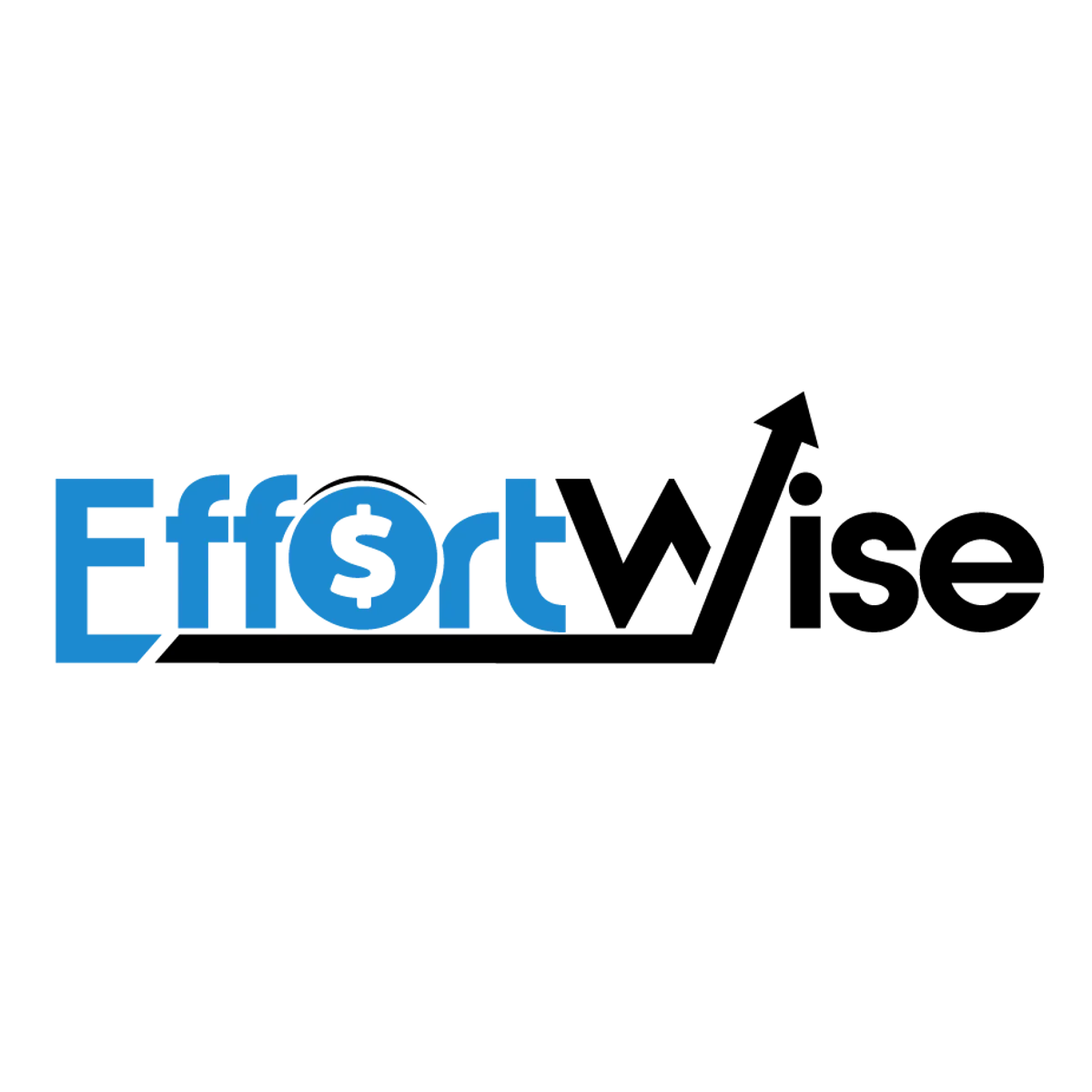
4 Stages of Job Interviews
How Do Job Interviews Work?
The 4 Stages
First, let’s clarify: What is a Job Interview?
Most people think of interviews as a test. They're being “graded.”
While that may be true, it's not a helpful way of thinking, and there are equally true alternatives.
For example, think of job interviews as “taking shop” with a colleague.
They're there to learn about your work. You're there to give them a few insights into what you do.
If they like the insights, they'll want you to work for them.
At first glance interviewers are trying to screen skills, experiences, and competencies against the needs of the job and the company's culture.
But unconsciously, they're trying to make a gut decision about who they want in the company, and they're looking for “logical reasons” to justify their choice.
The most “attractive” candidates are those who:
Clearly care about their work.
Are confident in their skills.
Are pleasant to talk with.
Treat the interviewer like a colleague. You're getting to know each other.
You'll be their “gut feeling” choice, and they'll have good reasons to justify it.
At the same time, just because you applied for a job, doesn't mean you'll want to work for the company.
Use this opportunity to evaluate whether the job, work environment, leadership style, and company values match your workplace needs and career aspirations.
The 4 Stages in a Job Interview
1. The Introduction:
First impressions set the tone. The first question they'll ask you will be something like, “Tell me about yourself.”
Emphasize your strengths, achievements, and experiences that are relevant to the job.
Since most of the info is on your resume, and they've already read it, keep the answer short.
You can use these 3 bullets:
What's your simple label? (E.g. “I'm a digital marketer.”)
What have you done in the past few years? Summarize with short headlines (e.g. “I worked at a Healthcare tech company on their media campaigns”).
What do you love, and what are you excited to do in the future? (E.g. “And I just love helping good companies find their voice and connect with their customers on a human level”).
2. The Exchange:
The heart of the interview will be specific questions about your experience.
They're trying to identify your skills, motivation, and fit for both the job and the company.
Again, keep your answers concise.
You will have imperfect answers. Accept this.
Keep in mind:
Bad answers are forgivable. LONG bad answers are not.
3. Reverse Roles:
Most interviewers will “officially” give you the chance to ask questions at the end.
Aim to ask insightful questions about the role, the team you'll be working with, and the company culture.
Here are done good ones that'll help you really understand the company and uncover red flags:
What will the first week in the role look like?
What's your favorite part of working here?
How do people get rewarded for success? Any examples you could share?
What happens when people make big mistakes? Any examples you could share?
4. The Wrap-up:
Here, recruiters might provide the timeline or next steps. You can use this opportunity to reiterate how much you enjoyed meeting them and how interesting the position sounds.
You Can Ask 3 Types of Questions to The Interviewer:
1. Clarifying questions:
If they ask you a question that's too vague or broad, ask them to clarify.
2. Return questions:
If they ask you an "experience" question:
Answer, then ask the same question back.
3. Help questions:
If you blank out, ask for help.
Remember: The more they talk, the better you do.
Warmly,
Dave Wolovsky
Your Career Growth Engineer
More Resources
Free Job Interview checklist: Click Here
Job Seeker Services: Click Here
Free pay raise script: Click Here
Personalized Salary Data Report: Click Here

